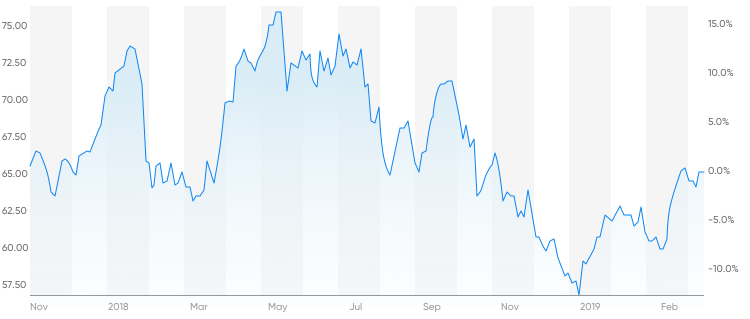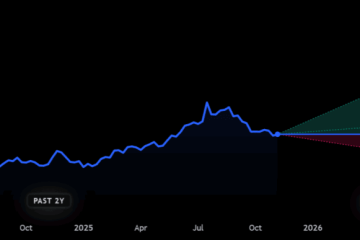Latest Trends and Insights on Shell Share Price

Introduction
The share price of multinational oil and gas company Shell has become a focal point for investors and analysts alike. With the global energy market undergoing significant transitions amid climate concerns and geopolitical tensions, understanding the fluctuations in Shell’s share price is crucial for investors as well as for those interested in the overall market performance. This article delves into recent trends in Shell’s share price and the factors influencing its movement.
Current Market Trends
As of mid-October 2023, Shell’s share price reflects both the company’s efforts to transition to renewable energy sources and the broader challenges faced by the traditional oil and gas sector. This past week, Shell’s shares have shown a moderate increase, closing around £25.40, buoyed by rising crude oil prices and improved investor sentiment regarding post-pandemic economic recovery. According to market analysts, this figure is a significant recovery from early 2022 when share prices fell dramatically due to the global push for greener energy.
Factors Influencing Shell’s Share Price
Multiple factors have contributed to the recent performance of Shell’s stock. Firstly, the volatility of oil prices, which have recently risen due to geopolitical tensions, particularly with ongoing conflicts in Eastern Europe and the Middle East, plays a critical role. Higher oil prices generally translate to better margins for oil companies, positively influencing their share price.
Secondly, Shell’s increased investment in renewable energy projects has attracted attention from long-term investors focused on sustainability. The company aims for net-zero emissions by 2050, which could bolster its market position as energy transition gains momentum. Recently, Shell announced plans to invest more in wind and solar power, which has resonated well with environmentally conscious investors, further supporting its share price growth.
Projected Outlook
Market analysts predict that Shell’s share price will continue to face fluctuations due to ongoing global economic uncertainties and energy policy shifts. While the transition to renewable energy is expected to bolster the long-term potential of Shell’s share value, analysts caution that short-term volatility may persist as the market adjusts to changing energy demands and geopolitical challenges.
Conclusion
In summary, the shell share price serves as a litmus test for the broader trends in both the traditional oil and new energy sectors. Investors should remain vigilant, keeping an eye on key developments affecting crude prices and organisational shifts towards sustainable practices. Understanding these dynamics will be essential for navigating investment opportunities in Shell and the energy market at large.









